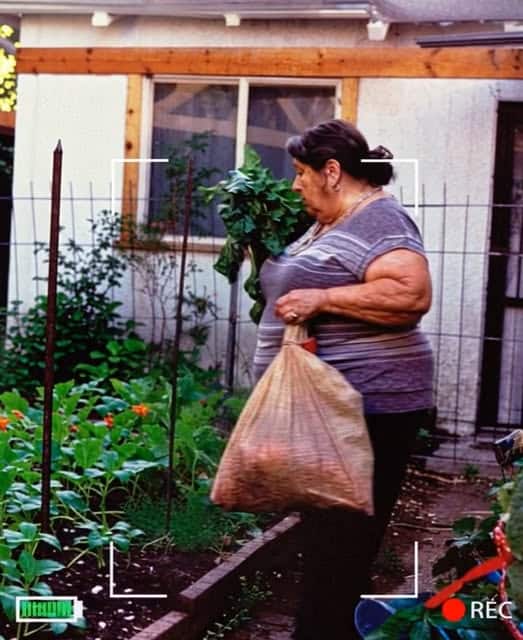After my husband passed, the garden became more than soil and seeds. It was a sanctuary where grief loosened its grip, where laughter slowly returned, and where purpose began to sprout again. My daughter Sarah offered me the empty lot beside her home, and with her encouragement, I finally built the garden I had always dreamed of. Rows of tomatoes, cucumbers, beans, and zucchini thrived, filling our days with color, nourishment, and peace.
But peace was soon tested. A tomato vanished, then a cucumber. At first, I blamed the usual culprits—rabbits, raccoons, maybe a wandering deer. But one morning, every ripe fruit and vegetable had disappeared. It didn’t feel like an accident; it felt like a wound. Sarah and I set up cameras, and what we discovered left me stiller than anger could: it was our neighbor, Wilma, carrying off the harvest in bags under the cover of night.
I won’t deny my first reaction was a flare of indignation. This garden had been my lifeline, and watching someone strip it bare felt like betrayal. Yet somewhere in that sting, another voice spoke: Perhaps this isn’t greed. Perhaps it’s hunger. So instead of marching over with accusations, I filled a basket with fresh vegetables and carried it to her door. When she opened it, I smiled gently.
“Since you enjoy my garden so much,” I said, “I thought I’d bring it straight to you.”
Her face flushed with shame. Without a word, she closed the door.
Rather than harden, I turned to something softer but stronger. Quietly, I suggested to a few neighbors that maybe Wilma was struggling. Soon, others began knocking on her door with meals, groceries, and casseroles—acts of kindness that spoke louder than suspicion.
Days later, Wilma walked into my garden in tears. She confessed, apologizing for what she had done. Her pride had kept her from asking for help. Shame had whispered theft into her ears. I listened, then told her simply that respect and honesty matter—that community cannot grow in the dark. To my surprise, she and her husband offered to repair the garden, replacing what had been damaged with their own hands.
By summer’s end, something remarkable happened: Wilma started her own garden. Where there had once been division, new roots of friendship began to spread.
What began with theft ended with redemption. My garden remained my sanctuary, but now it was also a gathering place of compassion, humility, and connection. Grief had once driven me there; grace allowed others to join me. And as the vegetables ripened again, I realized that the harvest I most cherished was not the food itself, but the trust and healing that grew between neighbors.
